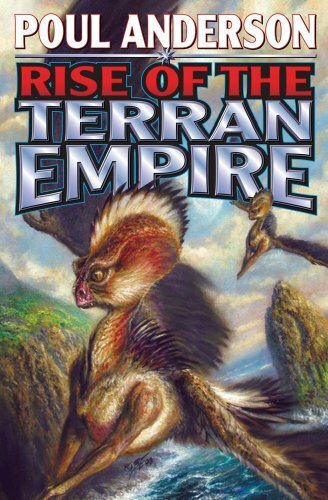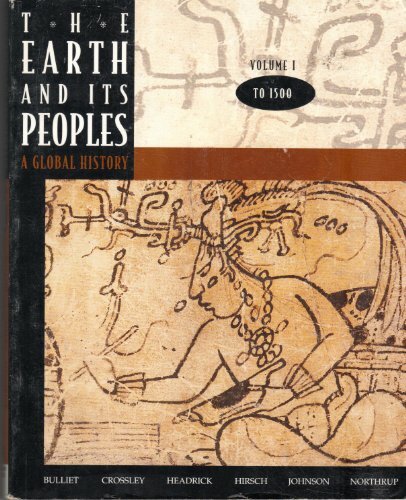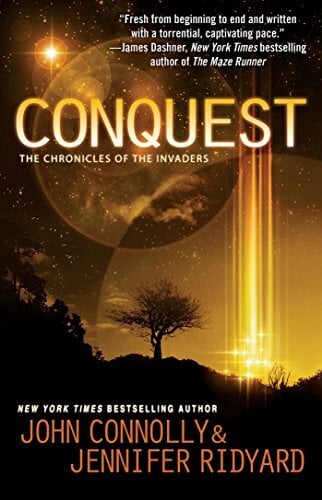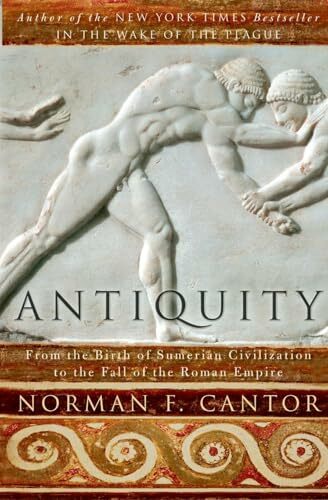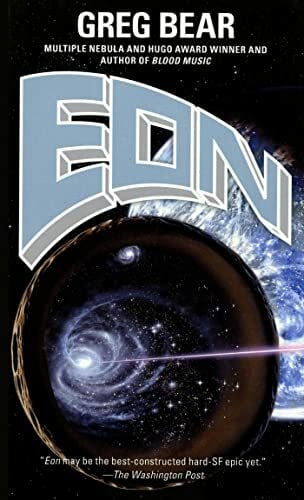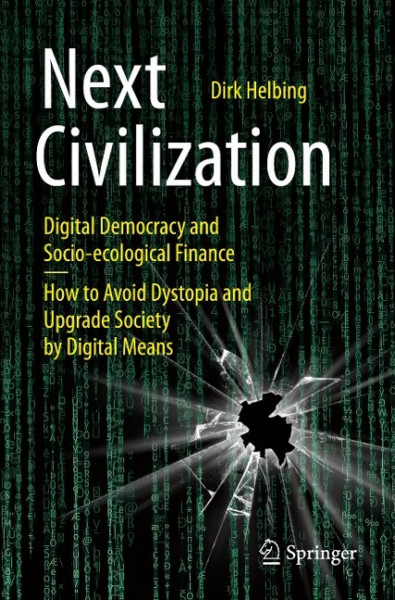
Next Civilization
Kurzinformation
inkl. MwSt. Versandinformationen
Artikel zZt. nicht lieferbar
Artikel zZt. nicht lieferbar

Beschreibung
"Digital transformation" sounds harmless, given that the explosion in data volumes, processing power and Artificial Intelligence has driven humanity and the entire world to a point of no return. We will surely see a new civilization, but we are at a crossroads. The future needs to be re-invented, decisions must be taken. After the automation of factories and the creation of self-driving cars, the automation of society is on its way. But there are two kinds of automation: a centralized top-down control of the world and a distributed control approach, supporting local self-organization. Using the power of today's information systems, governments and big tech companies seem to engage in the first approach. Might they even build a "digital Crystal Ball" that knows almost everything, including your personality, and a super-intelligent "digital God" to control what we do?We are much closer to such "science fiction scenarios" than you probably think. In this much expanded second edition of "The Automation of Society is Next: How to Survive the Digital Revolution" (2015), the author discusses lessons learned on digital democracy, aspects of transhumanism and far-reaching thoughts about life in the digital age and what it may mean to be human in the future. von Helbing, Dirk
Produktdetails

So garantieren wir Dir zu jeder Zeit Premiumqualität.
Über den Autor
Dirk Helbing is Professor of Computational Social Science at the Department of Humanities, Social and Political Sciences of ETH Zurich and affiliated at its Computer Science Department. His studies focus on pedestrian dynamics and traffic flows, computer simulations of social processes, globally networked risks and disasters, a socio-ecological finance system, digital democracy and smarter cities - upgraded by co-creation and collective intelligence. At Delft University of Technology, he heads the PhD School "Engineering Social Technologies for a Responsible Digital Future". He is also an elected member of the German Academy of Sciences "Leopoldina" and worked in the World Economic Forum's Global Agenda Council on Complex Systems.¿

- hardcover -
- Erschienen 1999
- -
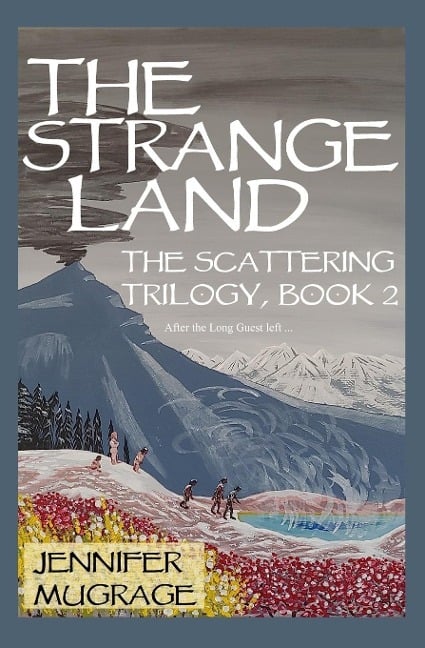
- Taschenbuch
- 620 Seiten
- Erschienen 2021
- Out of Babel Books

- Gebunden
- 560 Seiten
- Erschienen 2021
- Tor

- paperback
- 352 Seiten
- Erschienen 2008
- Tor Trade

- Hardcover
- 328 Seiten
- Erschienen 2022
- AuthorHouse

- Kartoniert
- 704 Seiten
- Erschienen 2021
- Simon & Schuster Books for ...

- hardcover
- 880 Seiten
- Erschienen 2015
- Harpercollins UK

- hardcover
- 656 Seiten
- Erschienen 2024
- Penguin Verlag

- paperback
- 636 Seiten
- Erschienen 2017
- Night Shade








